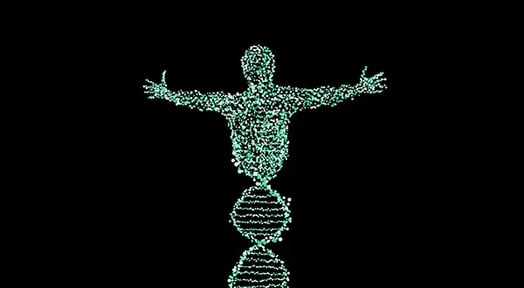Genetic programming has taken off in recent years. But as NPR reports, demand for this technology strains the limits of the safety measures meant to shield the world from bioterrorism.

It takes DNA to make DNA
At Ginkgo Bioworks, scientists synthesize more than 10k genes each month — primarily for clients in the pharmaceutical, agriculture, and food industries.
Gene shops like Ginkgo use so much DNA that they have to buy it from other companies. To ensure it’s not used maliciously — scientists have shown it’s possible to “build” deadly viruses like Ebola — biotech companies screen customers and analyze each requested DNA sequence for possible misuses. If something looks amiss, they can refuse the sale.
But when time is money, safety precautions can seem costly
While the cost of DNA programming is going down, screening costs have remained stagnant. With these procedures eating up bigger portions of budgets — and taking up valuable time — some companies see them as a real pain in the enzyme.
Meanwhile, many in the industry have pointed out that technology advanced so quickly that the biosecurity guidelines issued a decade ago by the US government are no longer sufficient.
With this in mind, federal officials are mulling new measures to ensure this increasingly common technology doesn’t create an actual zombie apocalypse.
